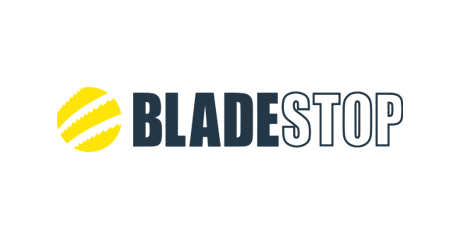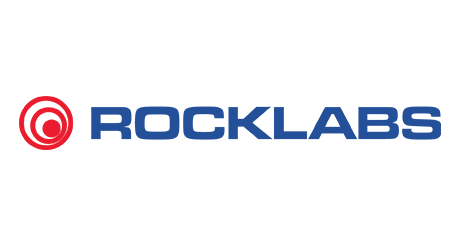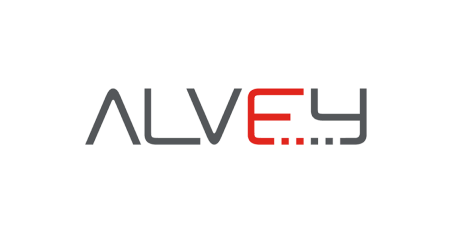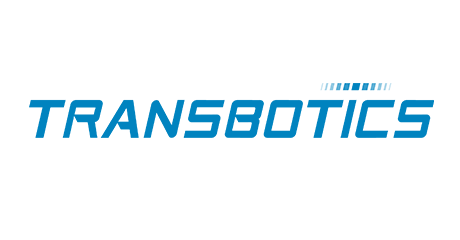Select your region / language
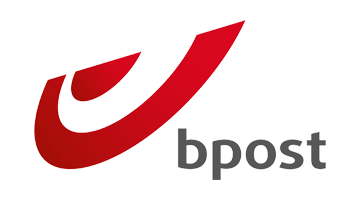
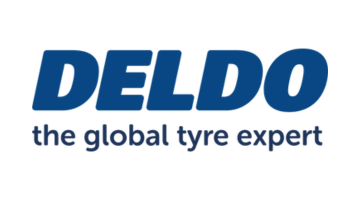
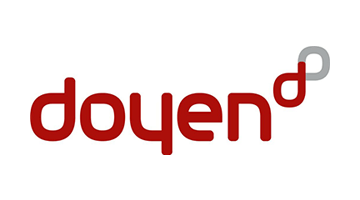
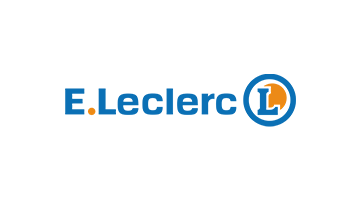
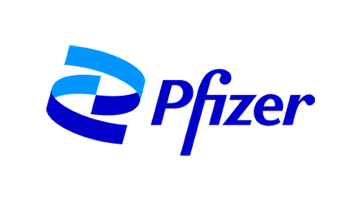
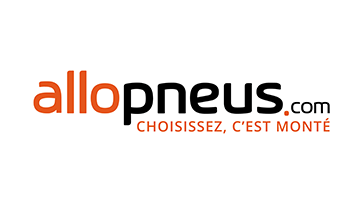
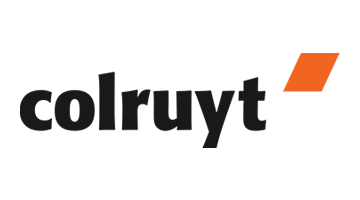







See pallet transport in motion
From conveyors to shutters, our pallet transport systems keep goods flowing without bottlenecks. Watch how pallets move seamlessly between production, storage, and dispatch - safetly, reliably, and ready to scale with your operation.
Order preparation that delivers accuracy at speed
From traditional list-based picking to advanced light and voice-directed systems, our order preparation solutions are built to match your operation. They reduce errors, accelerate throughput, and keep every order moving with precision - no matter the volume.
Pick by List
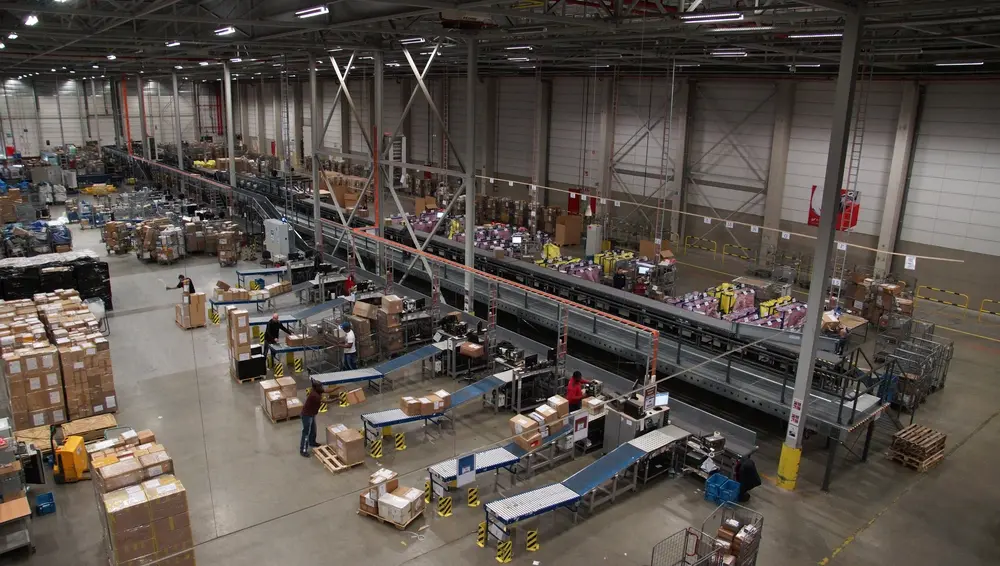
Pick by List
Simple, reliable, and familiar. Pick by List is the most straightforward way to organise order preparation. Operators follow clear lists to collect items, supported by automation that minimises errors and keeps throughput steady. It's a proven approach that balances ease of use with accuracy.
- Easy to implement
- Low training requirements
- Reliable for smaller volumes
Pick & Put to Light
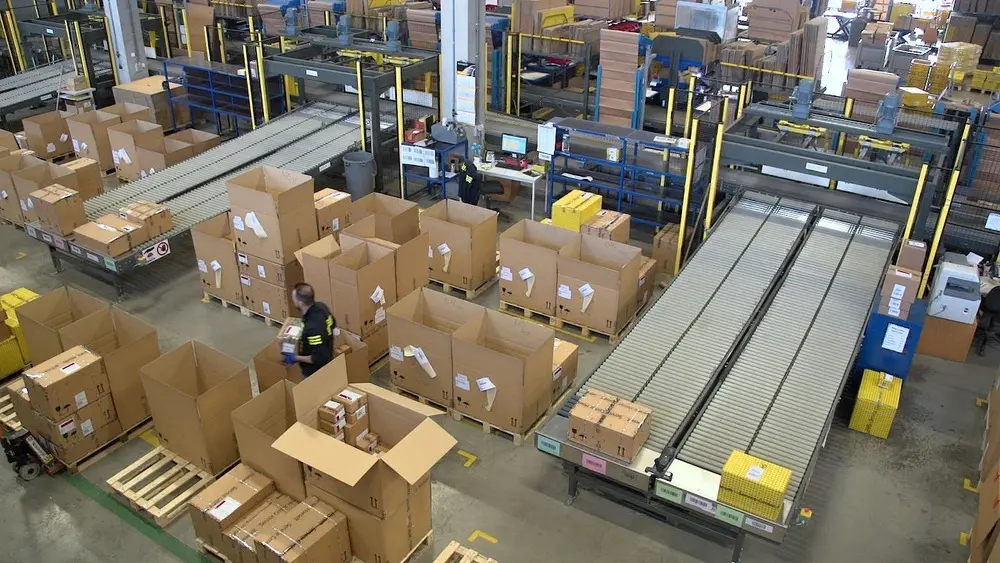
Pick & Put to Light
Guided by light, built for speed. Light-directed picking turns complex orders into a simple process. Operators follow intuitive visual cues to pick and place items, reducing errors and boosting throughput in fast-moving environments. The result: accurate orders, ready in less time.
- Fast picking speed
- High accuracy across SKUs
- Idea for high-volume operations
Pick by Voice
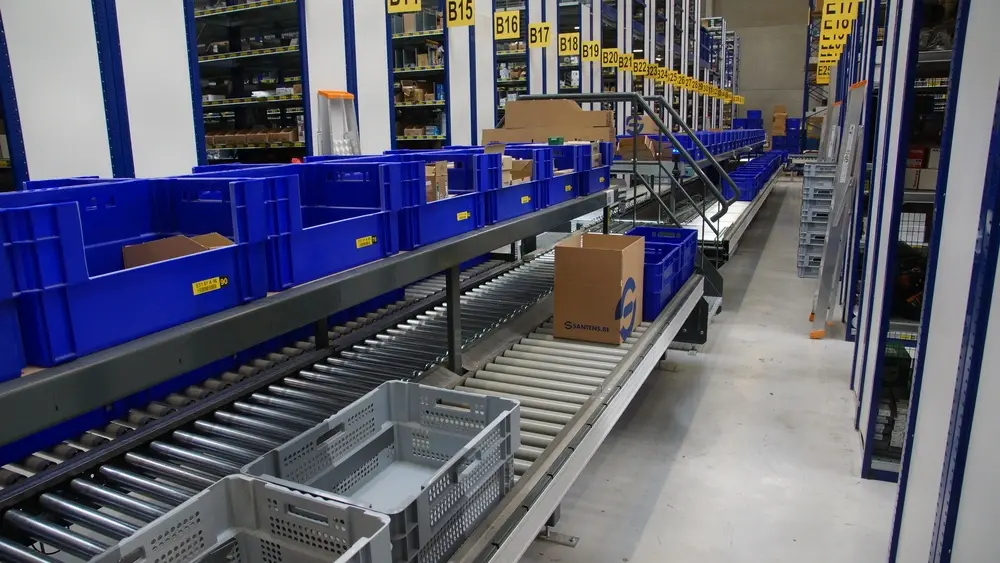
Pick by Voice
Hands-free accuracy. With voice-directed picking, operators receive step-by-step instructions through a headset - keeping both hands free for faster movement and safer handling. It's intuitive, efficient, and designed to keep orders folowing without disruption.
- Consistent accuracy
- Rapid onboarding for staff
- Optimised for busy distribution sites
Not sure what fits best?
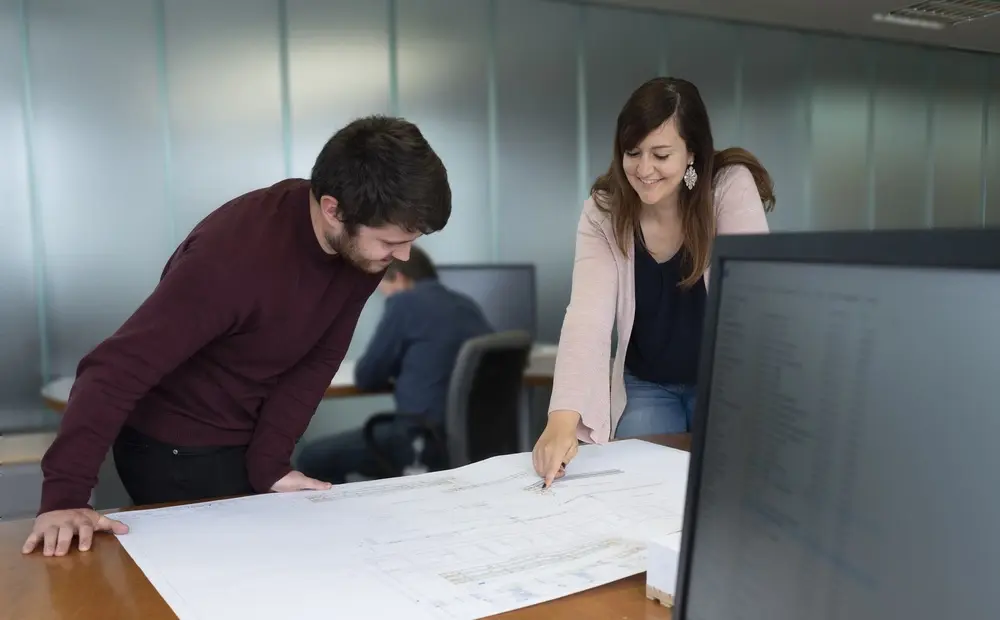
Not sure what fits best?
Let's find the right solution together. Every operation is different - that's why there's no one-size-fits-all when it comes to order preparation. If you're not sure whether list, light, or voice is the right fit, we'll work with you to analyse your workflows and design a system that delivers the accuracy and speed you need.
- Tailored to your production flow
- Scalable for future growth
- Expert guidance from start to finish
Ready to grow?
Let's talk
Share your specific situation to receive detailed analysis of how Scott could standardise and optimise your operations.


